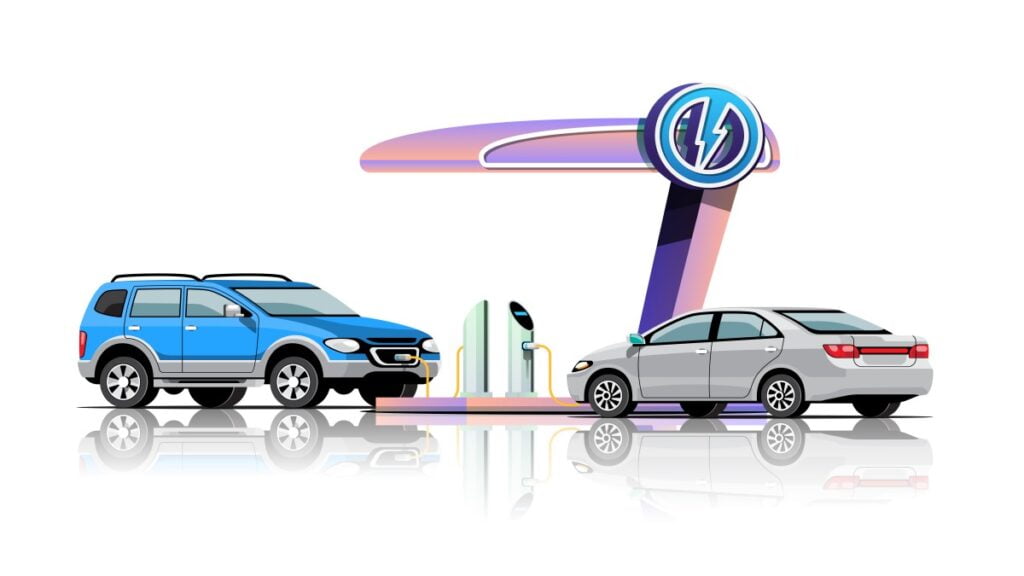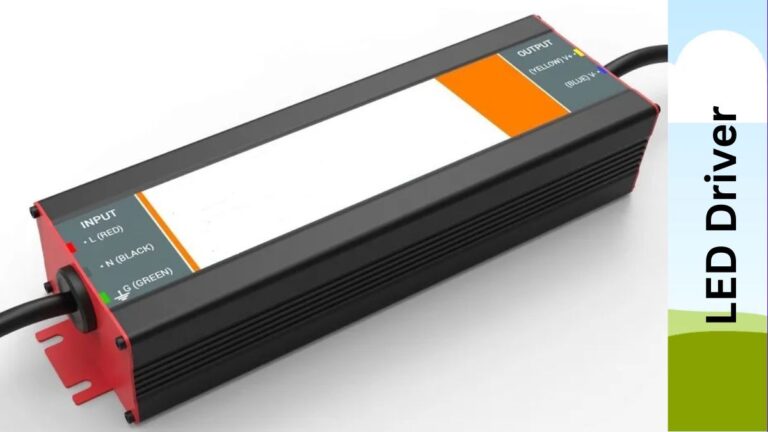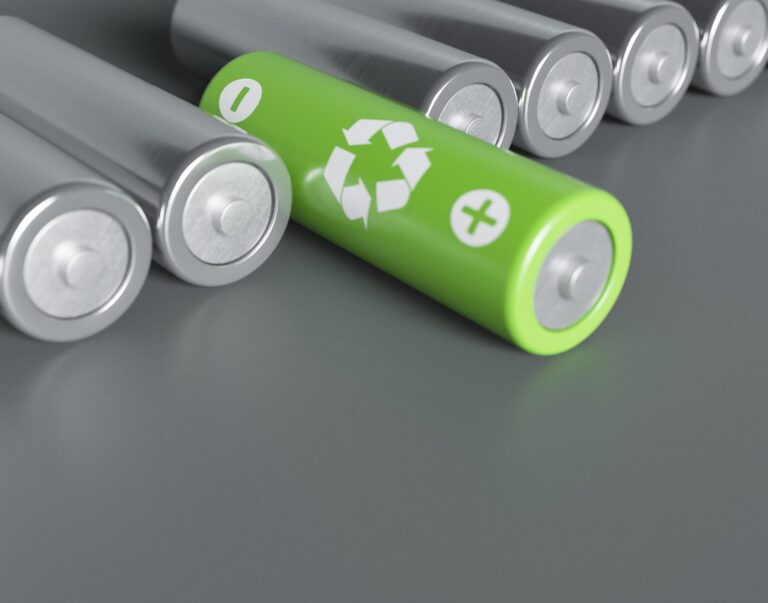Hydrogen Cars vs. Electric Cars is the next question in the mind of people who recognize the importance of eco-friendly vehicles with cost-effective travel. The automotive industry is witnessing a significant transition from conventional internal combustion engines to alternative fuel vehicles. Among these alternatives, hydrogen cars and electric cars have emerged as leading contenders for sustainable transportation. In this article, we will delve into the characteristics of hydrogen cars vs. electric cars, comparing their advantages, challenges, and overall impact on the environment and our daily lives.
1. Hydrogen Cars
1.1 What are Hydrogen Cars?
Hydrogen cars, also known as fuel cell vehicles (FCVs), utilize hydrogen gas to generate electricity, which in turn powers an electric motor to drive the vehicle. Instead of burning hydrogen, like traditional internal combustion engines do with gasoline, hydrogen fuel cells combine hydrogen with oxygen from the air to produce electricity, with water vapor being the only emission.
1.2 Advantages of Hydrogen Cars
One of the key benefits of hydrogen cars is their contribution to reducing greenhouse gas emissions. As they only emit water vapor, they have a significantly smaller environmental footprint compared to conventional gasoline vehicles. Additionally, hydrogen fueling takes mere minutes, providing a refueling experience similar to that of traditional cars.
1.3 Challenges of Hydrogen Cars
However, hydrogen cars face certain challenges, mainly related to infrastructure and cost. The availability of hydrogen refueling stations is limited, which hinders widespread adoption. Moreover, the production and maintenance costs of fuel cell technology are relatively high, making these vehicles costlier than conventional cars.
2. Electric Cars
2.1 What are Electric Cars?
Electric cars, also known as battery-electric vehicles (BEVs), are powered solely by electricity stored in onboard batteries. They employ an electric motor to drive the wheels, and they produce zero tailpipe emissions, making them highly eco-friendly.
2.2 Advantages of Electric Cars
Electric cars play a crucial role in reducing air pollution and dependence on fossil fuels. They are more energy-efficient than hydrogen cars since they directly store electrical energy in batteries. Additionally, electric vehicles have lower operating and maintenance costs, offering long-term savings for owners.
2.3 Challenges of Electric Cars
However, electric cars face challenges concerning their driving range and charging infrastructure. The limited range on a single charge may not suit long-distance travel, and charging times can be significantly longer compared to refueling hydrogen cars. Additionally, the environmental impact of battery production remains a concern.
3. Comparison: Hydrogen Cars vs. Electric Cars
3.1 Environmental Impact
In terms of environmental impact, both hydrogen and electric cars have distinct advantages. Hydrogen cars emit only water vapor, while electric cars produce zero tailpipe emissions. However, the overall carbon footprint of electric vehicles depends on the energy sources used for electricity generation.
3.2 Driving Range and Refueling/Charging Times
Hydrogen cars generally offer longer driving ranges and quicker refueling times compared to electric cars, making them more suitable for long-distance travel and reducing driver range anxiety.
3.3 Infrastructure
Electric cars currently have a more extensive charging infrastructure, with charging stations becoming increasingly prevalent in many regions. On the other hand, hydrogen refueling stations are relatively scarce, posing a challenge for the wider adoption of hydrogen cars.
3.4 Cost Considerations
Electric cars tend to be more affordable than hydrogen cars in terms of initial purchase price and ongoing maintenance costs. However, hydrogen fuel prices and availability can vary, affecting the overall cost of ownership.
4. Future Prospects and Innovations
Both hydrogen and electric car technologies are rapidly evolving, driven by advancements in renewable energy and sustainable practices. The future may see improvements in hydrogen production and distribution, as well as battery technology for electric vehicles. Moreover, the synergy between these two technologies could lead to more sustainable transportation solutions.
5. Conclusion
In the race towards a greener future, both hydrogen cars and electric cars play pivotal roles. Hydrogen cars offer fast refueling and zero-emissions, while electric cars excel in lower operating costs and a more developed charging infrastructure. The choice between these two technologies depends on factors such as driving habits, regional infrastructure, and personal preferences. As technology continues to progress, we can expect a more diversified and sustainable transportation landscape.
6. FAQs
Q1. What is the main difference in hydrogen cars vs. electric cars?
Hydrogen cars use fuel cells to convert hydrogen into electricity, emitting only water vapor, while electric cars store electricity in batteries and produce zero tailpipe emissions.
Q2. Which type of car is more environmentally friendly?
Both hydrogen and electric cars have low environmental impacts, but it depends on the energy sources used for hydrogen production and electricity generation.
Q3. Are there any countries leading in the adoption of hydrogen cars?
Several countries, such as Japan, Germany, and South Korea, have made significant strides in adopting hydrogen cars. They have invested in developing hydrogen infrastructure and promoting the use of fuel cell vehicles through various incentives and policies.
Q4. How do hydrogen and electric cars affect energy consumption?
Both hydrogen and electric cars contribute to more efficient energy consumption compared to conventional gasoline vehicles. However, the overall energy impact depends on factors such as the source of hydrogen production and the mix of electricity generation methods.
Q5. What role does government policy play in promoting alternative fuel vehicles?
Government policies play a crucial role in promoting the adoption of alternative fuel vehicles. Incentives such as tax credits, subsidies, and grants can encourage consumers to choose hydrogen or electric cars. Additionally, regulations on emissions and fuel standards drive automakers to produce eco-friendly vehicles.








I congratulate, you were visited with simply magnificent idea